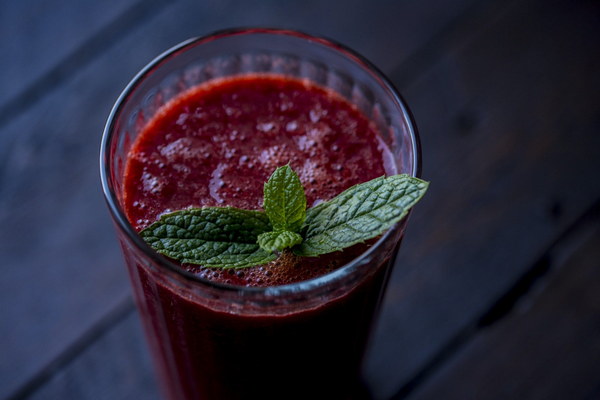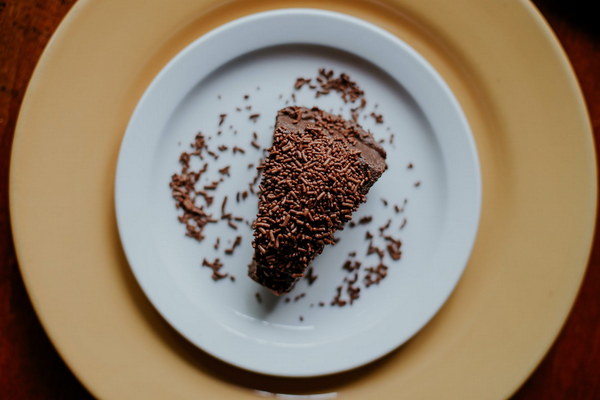Revitalize Your Body A Comprehensive Guide to Nurturing Qi and Blood for Enhanced Well-being
Introduction:
In the realm of traditional Chinese medicine, the concept of Qi (vital energy) and Blood (nutrient-rich fluid) plays a pivotal role in maintaining overall health and vitality. When the balance of Qi and Blood is disrupted, it can lead to a variety of health issues. This article delves into the importance of nurturing Qi and Blood and offers practical advice on how to enhance your well-being through diet, lifestyle, and mindfulness.
1. Understanding Qi and Blood:
Qi is the fundamental life force that flows through the body, regulating its various functions. Blood, on the other hand, is responsible for nourishing the tissues, supporting the immune system, and maintaining skin health. A harmonious balance of Qi and Blood is essential for optimal health and longevity.
2. Signs of Poor Qi and Blood:
If you are experiencing any of the following symptoms, it may indicate a deficiency in Qi and Blood:
- Fatigue and weakness
- Pale or dry skin
- Brittle nails and hair
- Dizziness or fainting spells
- Poor concentration and memory
- Irregular menstrual cycles (in women)
- Chronic pain and discomfort
3. Diet for Nurturing Qi and Blood:
A well-balanced diet rich in essential nutrients can help boost your Qi and Blood. Here are some dietary recommendations:
- Increase iron intake: Consume foods high in iron, such as lean meats, fish, poultry, beans, lentils, tofu, and green leafy vegetables. This will help combat anemia and improve blood circulation.
- Incorporate blood-nourishing foods: Foods like liver, kidney, red meat, and dark leafy greens can help nourish your blood.
- Include Qi-boosting foods: Herbs like ginseng, codonopsis, and astragalus are known for their Qi-boosting properties. Additionally, foods like millet, quinoa, and sweet potatoes can help enhance your energy levels.
- Stay hydrated: Adequate water intake is crucial for maintaining healthy Qi and Blood flow.

- Avoid excessive caffeine and alcohol: These substances can deplete your Qi and Blood, leading to further imbalances.
4. Lifestyle Changes for Enhanced Well-being:
Adopting a healthy lifestyle can significantly impact your Qi and Blood levels:
- Regular exercise: Engaging in moderate exercise, such as walking, yoga, or tai chi, can boost your Qi and Blood circulation.
- Adequate sleep: Ensure you get 7-9 hours of quality sleep per night to allow your body to repair and rejuvenate.
- Stress management: Practices like meditation, deep breathing exercises, and spending time in nature can help reduce stress and improve your overall well-being.
- Avoid smoking and excessive exposure to pollutants: These habits can harm your Qi and Blood, leading to a variety of health issues.
5. Mindfulness and Energy Work:
Mindfulness and energy work can help balance your Qi and Blood by promoting relaxation and harmony within your body. Some techniques to consider include:
- Tai Chi: This gentle martial art involves slow, deliberate movements and deep breathing, which can help cultivate and balance your Qi.
- Qigong: A practice that combines slow, flowing movements, deep breathing, and meditation to enhance your energy levels and overall health.
- Acupuncture and massage: These traditional Chinese therapies can help unblock energy pathways and promote the flow of Qi and Blood in your body.
Conclusion:
Nurturing your Qi and Blood is essential for maintaining optimal health and vitality. By incorporating the tips outlined in this article, you can enhance your well-being and live a more fulfilling life. Remember to consult with a healthcare professional before making significant changes to your diet or lifestyle.









